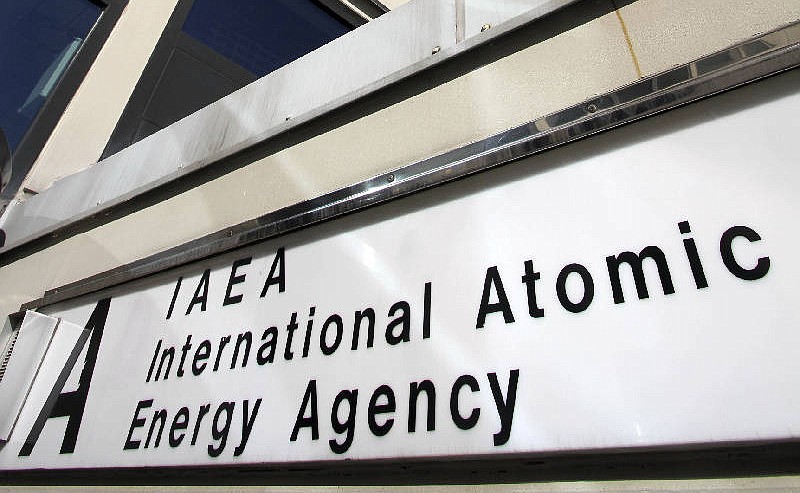WASHINGTON - Since the Iran nuclear deal was announced in mid-July, the world has been treated to an unusual historical spectacle. As President Obama was busy twisting congressional arms to prevent repudiation of the agreement, the Iranian regime has been systematically humiliating him.
Almost immediately, bulldozers began sanitizing the Parchin nuclear complex, where Iran is suspected to have researched the weaponization of nuclear technology - a final taunt to mark the erasure of America's "red line" demand that Iran account for the "possible military dimensions" of its nuclear program.
Ten days after the deal was announced, Quds Force commander Qasem Soleimani flew to Moscow (in defiance of a U.N. travel ban) to meet with Russian Defense Minister Sergei Shoigu and President Vladimir Putin. In short order, Iranian and Russian military forces began arriving in Syria, apparently to prop up the faltering regime of President Bashar al-Assad.
Several weeks after the deal's announcement, Iran's nuclear chief, Ali Akbar Salehi, revealed that Iran had found unexpectedly generous domestic reserves of uranium, which may come in handy someday. The Iranian military unveiled a new generation of surface-to-surface ballistic missiles. And Iranian leaders continue to deny the legitimacy of all United Nations Security Council restrictions on the importation of weapons. "We will sell and buy weapons whenever and wherever we deem it necessary," President Hassan Rouhani has said. "We will not wait for permission from anyone or any resolution."
Ayatollah Ali Khamenei's Twitter feed is a stream of provocative trolling, promising the end of Israel, posting an image that appears to be the silhouette of Obama with a gun to his head and threatening that in any military confrontation "the one who will emerge loser will be the aggressive and criminal U.S."
This is bound to be one of the reasons that a clear majority of Americans and a majority of the House and Senate oppose the Iranian nuclear deal - because Iran has done everything possible to rub America's face in Obama's concessions. Obama was left to save the deal through a crude and partisan appeal.
The Iranian regime's motives in all this are evident. The demonstration of American impotence has been a long-term goal of Iranian public diplomacy. Their message to people across the Middle East: America won't be here forever to protect you, so it is a mistake to side with them against us.
Iran is effectively announcing that it will be more aggressive in the region after the deal, not less. And it has an increased capacity to do so - flush with cash, released from constraints and basking in new legitimacy.
Russia's motives are also transparent. Vladimer Putin wants to defend his interests in the region (including a naval base) while strengthening his own proxy (Assad) before any possible Syrian settlement.
But what is Obama's motive in offering mild protests as a new Middle Eastern order, more favorable to Iran and Russia, emerges? The preservation of the nuclear deal is apparently so important that no Iranian provocations should be allowed to upset it. The Obama administration, according to deputy national security adviser Ben Rhodes, believes that implementing the deal is essential "precisely because we have such differences with this government that they cannot be allowed to obtain a nuclear weapon."
In practice, this means that Iran can do whatever it damn well pleases because it knows the Americans are too invested in the deal to blow it up. This may fit Obama's conception of America as a tired nation, overcommitted in the Middle East. But in the process, he is making strategic concessions to Iran and Russia that future presidents may find impossible to accept and difficult to retract.
Washington Post Writers Group

